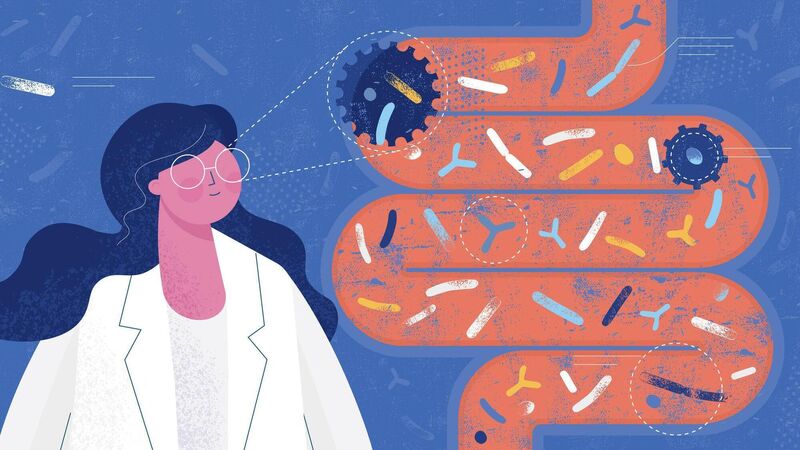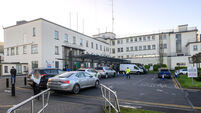Could microbiome and diet be key to reducing hospital overcrowding this winter?

The gut microbiome and our diets are closely linked, and both interact with our immunity in complex ways we are only beginning to understand. Immune ‘boosting’ foods are usually gut-friendly foods.
A total of 7,832 patients spent time waiting on trolleys in Irish hospitals during July, according to the Irish Nurses and Midwives Organisation.
The top five most overcrowded hospitals were University Hospital Limerick with 1,824 patients, Sligo University Hospital with 615, St Vincent’s University Hospital with 592, Cork University Hospital with 591, and University Hospital Galway with 541.
















